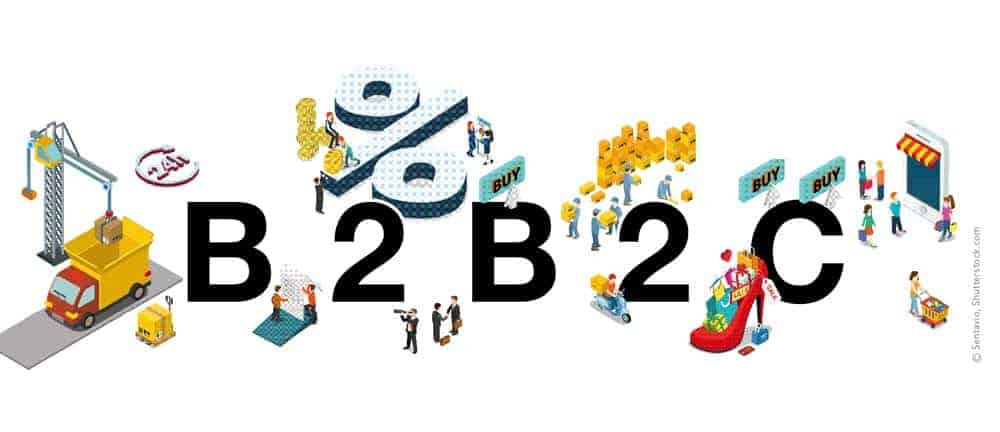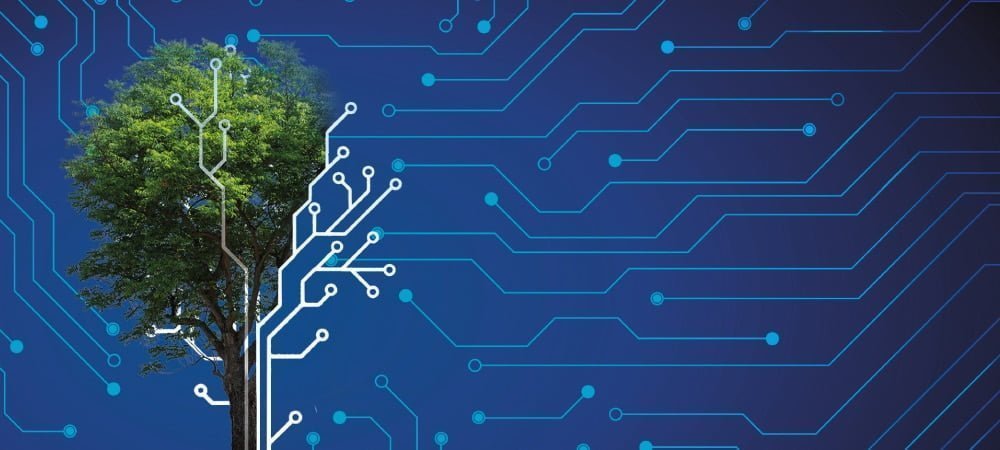The future lies in marketing


Isn't sales rather a tool of marketing?
Why this view? Campaign management has always been a key functional area of CRM systems. For years, leading CRM applications have had powerful campaign management tools (or at least modules) that allow marketers to plan, execute, and analyze multi-stage and cross-channel campaigns. By mapping multi-stage campaigns and tracking them accordingly, follow-up activities can be triggered based on customer responses, which ultimately need to be executed by sales-related staff - turning pure push marketing into "dialog marketing". The only problem is that for many customers, only a small part of the possible functionality is often used. So there is a need for action!
In many companies, marketing is technologically outdated, too little has been invested in the necessary marketing infrastructure, for too long marketing has been regarded as a mere support function for sales, and too many important communication and sales channels have been ignored. In the future, marketing must take on more responsibility for the entire corporate communication with the customer. Together with sales and service, new ways must be tried out, data better used, more tested and customer feedback listened to. Marketing will then become customer experience management (CXM). Three aspects need to be considered here.
First: CRM aims to control the customer relationship and customer-related processes; the company thereby specifically controls the interactions with the customer. CXM, on the other hand, takes the customer and customer journeys as its starting point and tries to improve them from the customer's perspective. Both are correct: corporate processes and customer journeys must be harmonized in order to ensure both the economic success of the company and the satisfaction of the customers.
Second: Modern communication takes place in real time, takes into account customer reactions and preferences in great detail, uses a wide variety of communication channels, is an integral part of CRM, and offers real-time reporting. The boundaries between sales, service, and marketing disappear with a consistently customer-focused approach, as do the boundaries between different channels or end devices.
Third: In recent years, technology in marketing has evolved (side note not to be taken entirely seriously: at the core of CRM, the addition of the "email" field was probably the breakthrough innovation). In the past, target groups were selected, a communication was launched, responses were waited for, and follow-up activities were planned with a corresponding delay - if at all. Only the marketing or CXM clouds of well-known software manufacturers enable corresponding modeling of customer journeys, interaction in real time across a wide variety of channels, marketing automation and, in addition, the use of new AI and deep learning technologies for intelligent data use.
The consolidation of customer-related data in CRM or in the sales or service cloud, as some providers call their programs, represents the basis for successful and customer-oriented communication. It is therefore crucial how one both builds this foundation and introduces corresponding CXM solutions.
New software, new integration - it all costs money. But it's worth it. Modern, up-to-date communication offers competitive advantages and strengthens brand perception. Once set up, it also works in an automated and resource-saving way. Conversion rates can also be optimized with marketing automation and CXM solutions, and X-sell and up-sell opportunities can be exploited.




